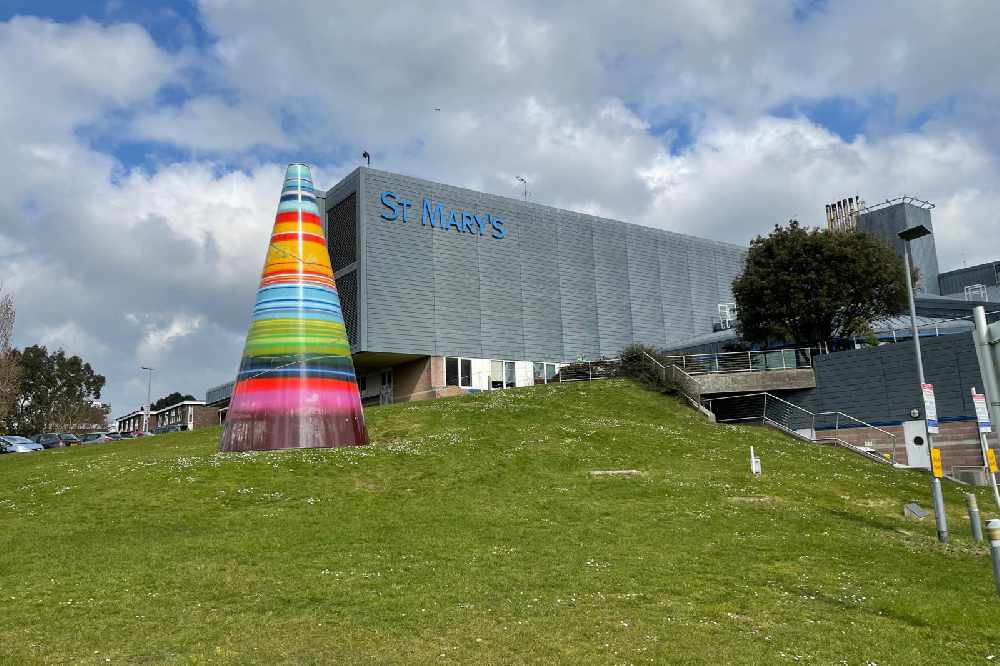
For the ‘first time in a long time’ the Isle of Wight NHS Trust has money left over at the end of a financial year.
At the Isle of Wight NHS Trust’s Annual General Meeting today (Thursday), Director of Finance, Darren Cattell, revealed what he called the ‘very big positive’.
Mr Cattell said the trust was on a journey towards financial and clinical sustainability.
He said it had seen significant progress towards that in the last financial year, recording a ‘very small’ surplus of £14,000′ and he acknowledged that it made a ‘massive difference to the deficit’ previously recorded.
The trust had planned for an expected deficit, between April 1, 2020 and March 31, 2021, of £3.7 million.
In 2019/20, the Isle of Wight NHS Trust recorded a deficit of £17.7 million in its annual accounts.
To help combat some of the costs relating to Covid-19, offsetting new and additional procedures, protocols and equipment, the Isle of Wight NHS Trust received £16.4 million from funding sources.
Its Chief Executive, Maggie Oldham, said Covid-19 had had a significant impact on the NHS across the country, stretching services and people to near breaking point.
However, Ms Oldham, said her colleagues and staff could be proud of how they had responded, continuing to keep themselves, their patients and the community safe.
Mr Cattell said:
“We had a really significant improvement in our finances and at the time a real challenge, so well done and thank you all for your contributions in supporting that.
“We have received an amount from central government and the Department for Health to help treat all our patients this year, so we were able to carry on doing exactly what we needed to, which was really helpful.”
Another factor that helped, dates back to April 2020.
The Government cleared more than £90 million worth of debt from the Isle of Wight NHS Trust.
The former Health Secretary, Matt Hancock, announced the scrapping of more than £13 billion of historic debt, as part of wider reforms to combat the pressures NHS Trusts were facing, helping them become financially stable.
On the Island, that meant £90,925,000 of revenue and capital debts and loans were cleared.


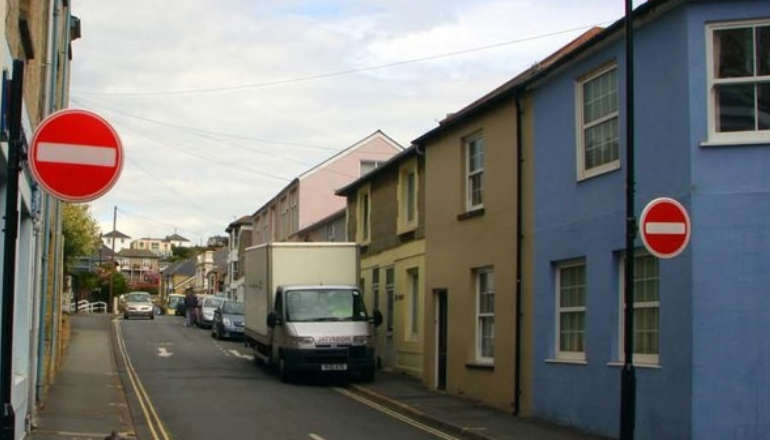 Three Arrested Following Reports Of Woman In Possession Of Firearm In Ventnor
Three Arrested Following Reports Of Woman In Possession Of Firearm In Ventnor
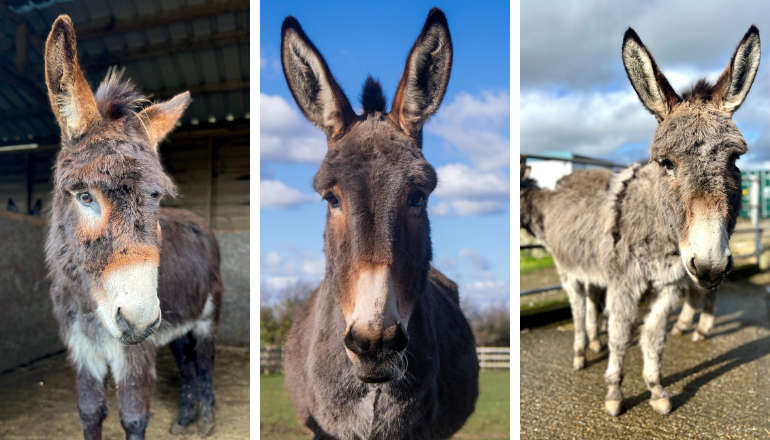 Isle Of Wight Donkey Sanctuary Welcomes 12 New Animals To Its Herd
Isle Of Wight Donkey Sanctuary Welcomes 12 New Animals To Its Herd
 Introduction Of Second Homes Premium – What You Need To Know
Introduction Of Second Homes Premium – What You Need To Know
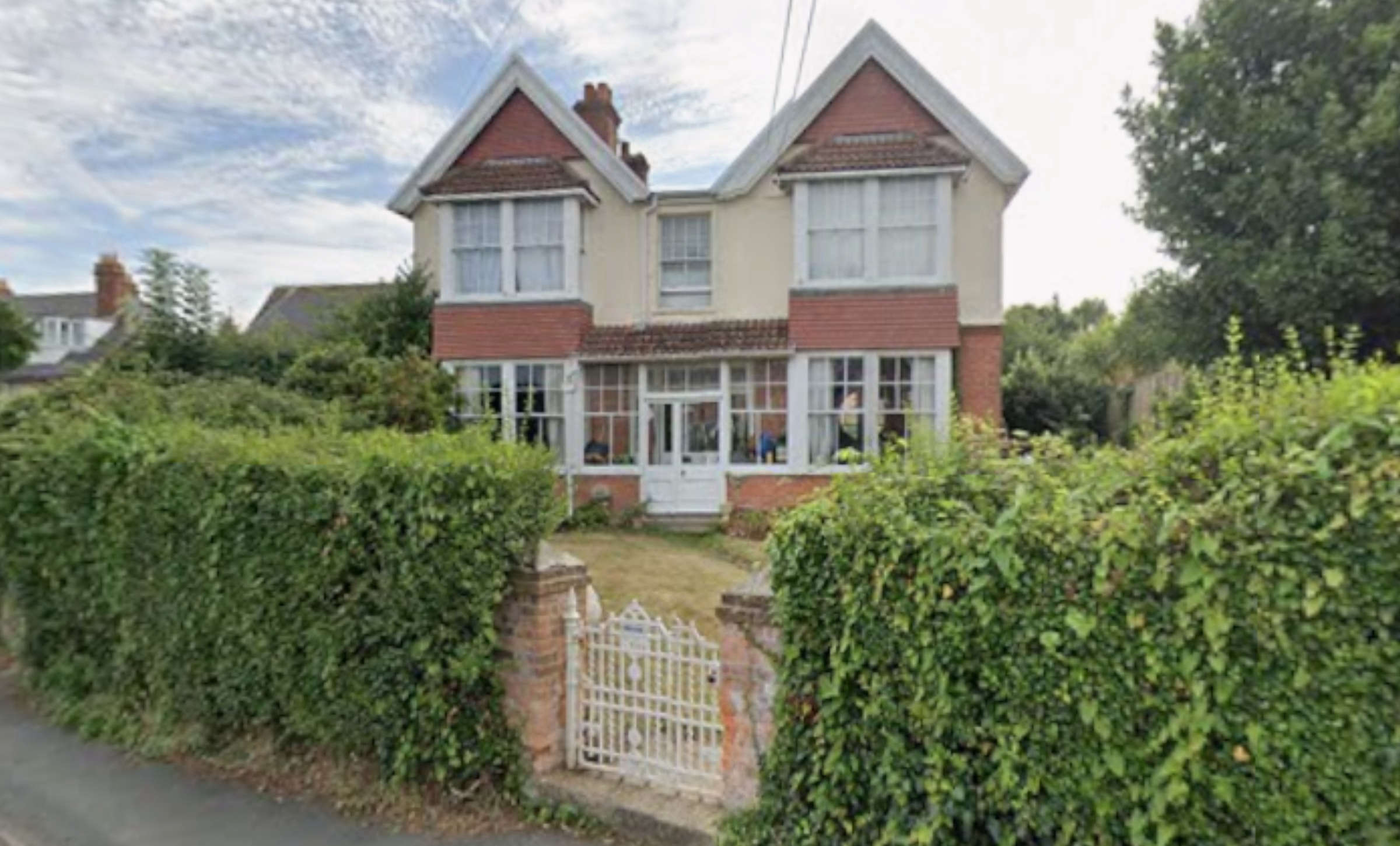 Large Villa-Style Property Could House Four New 'Starter Homes' In Totland
Large Villa-Style Property Could House Four New 'Starter Homes' In Totland
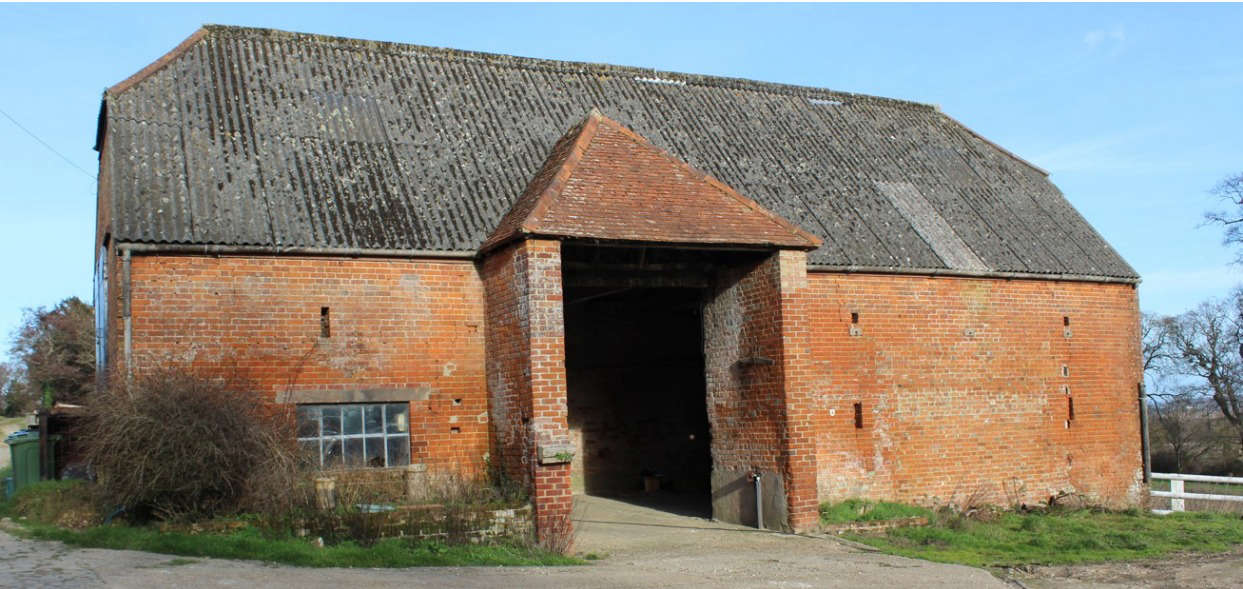 Dutch Braai Restaurant And Weddings Venue: New Plans Revealed For Disused Barns
Dutch Braai Restaurant And Weddings Venue: New Plans Revealed For Disused Barns
 Wave Of Acts Announced For Isle Of Wight Festival 2025
Wave Of Acts Announced For Isle Of Wight Festival 2025
 Discontent With Island Health And Social Care Services On The Rise Again — Report
Discontent With Island Health And Social Care Services On The Rise Again — Report
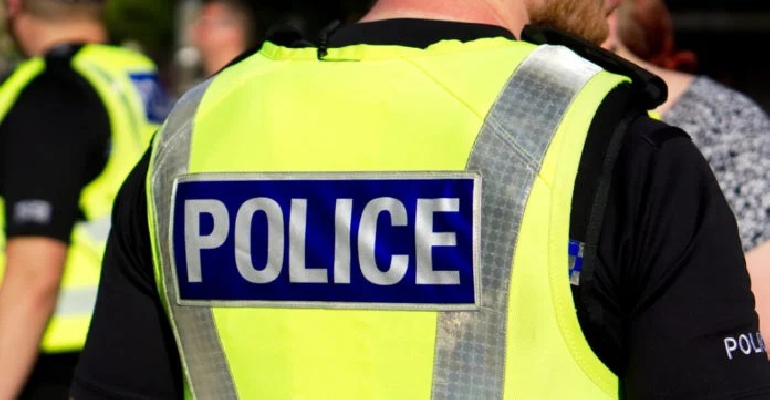 Investigation Underway Following Death Of 28 Year-Old Man In Ryde
Investigation Underway Following Death Of 28 Year-Old Man In Ryde
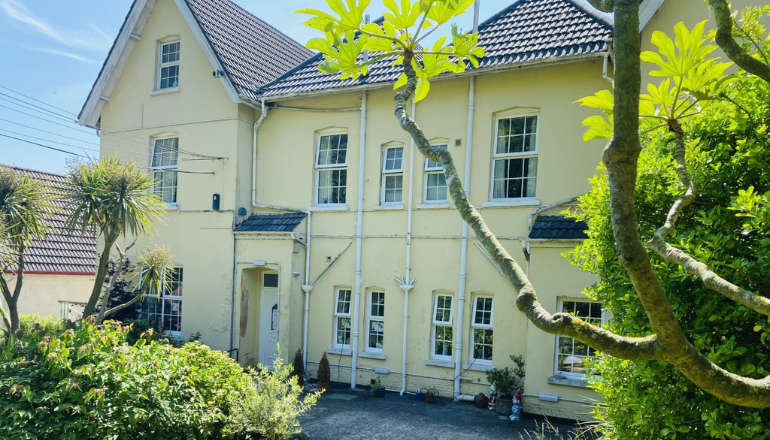 Former Ventnor Care Home Could Be Turned Into 'High Quality Housing'
Former Ventnor Care Home Could Be Turned Into 'High Quality Housing'
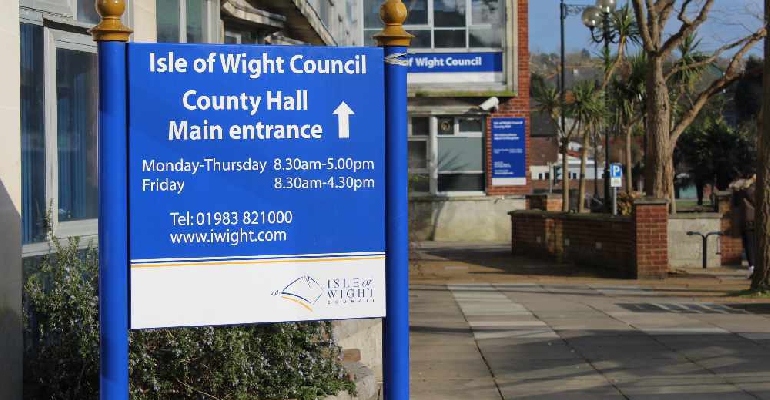 Isle Of Wight Council Fighting To Maintain Status Quo In Face Of Local Government Reorganisation Plans
Isle Of Wight Council Fighting To Maintain Status Quo In Face Of Local Government Reorganisation Plans
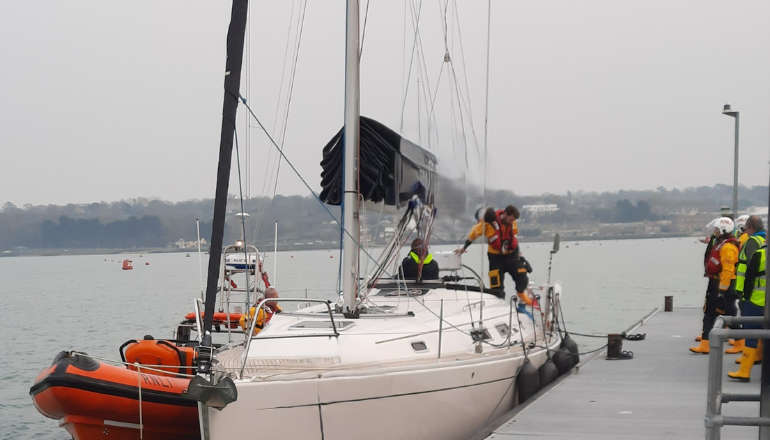 Cowes Lifeboat Team Saves The Day With Rescue Of Crippled Yacht
Cowes Lifeboat Team Saves The Day With Rescue Of Crippled Yacht
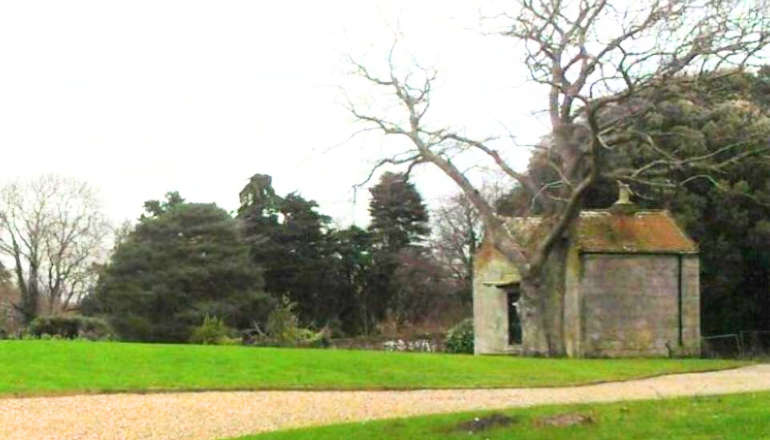 Historic Shanklin Summerhouse To Be Converted Despite Local Opposition
Historic Shanklin Summerhouse To Be Converted Despite Local Opposition
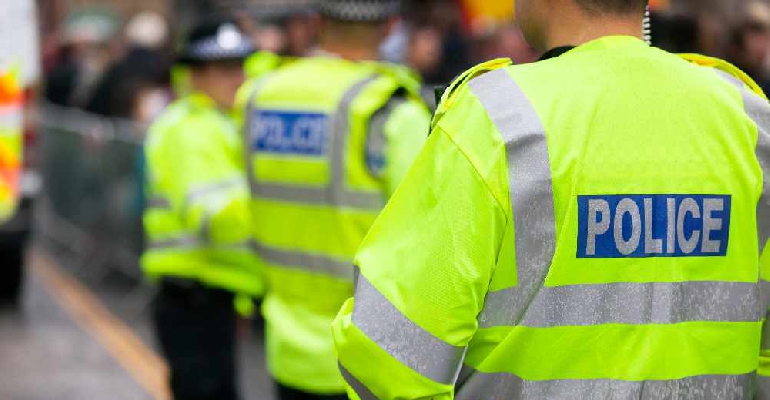 Teenagers In Drug Arrest Following Coppins Bridge Police Pursuit
Teenagers In Drug Arrest Following Coppins Bridge Police Pursuit
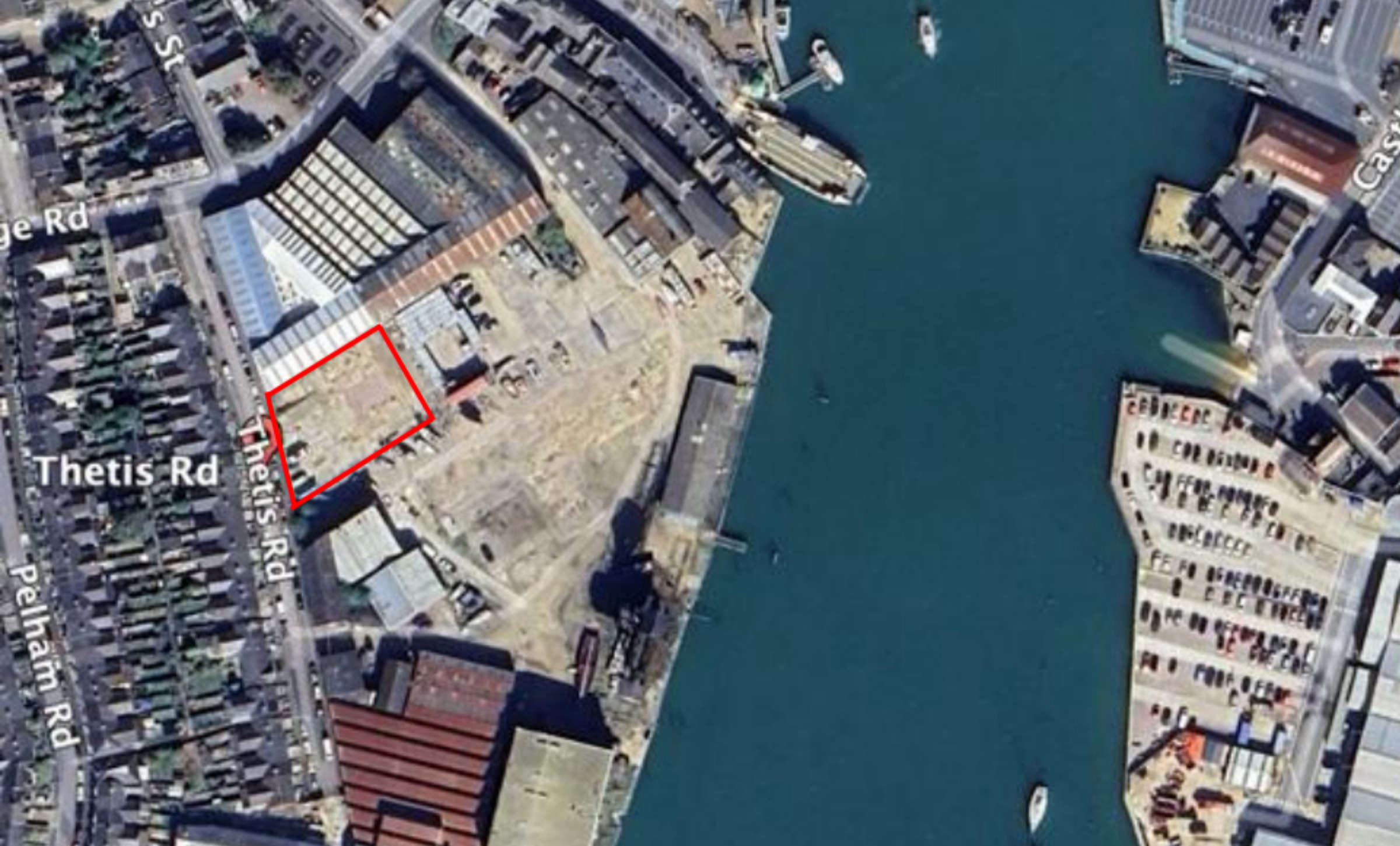 New Warehouse Could 'Support Expanding Companies' And 'Deliver Islander Employment Opportunities
New Warehouse Could 'Support Expanding Companies' And 'Deliver Islander Employment Opportunities
 Tax Breaks Could Be Set To End For Isle Of Wight Private Schools
Tax Breaks Could Be Set To End For Isle Of Wight Private Schools
 Hundreds Attend Island’s Careers, Jobs And Apprenticeships Fair
Hundreds Attend Island’s Careers, Jobs And Apprenticeships Fair
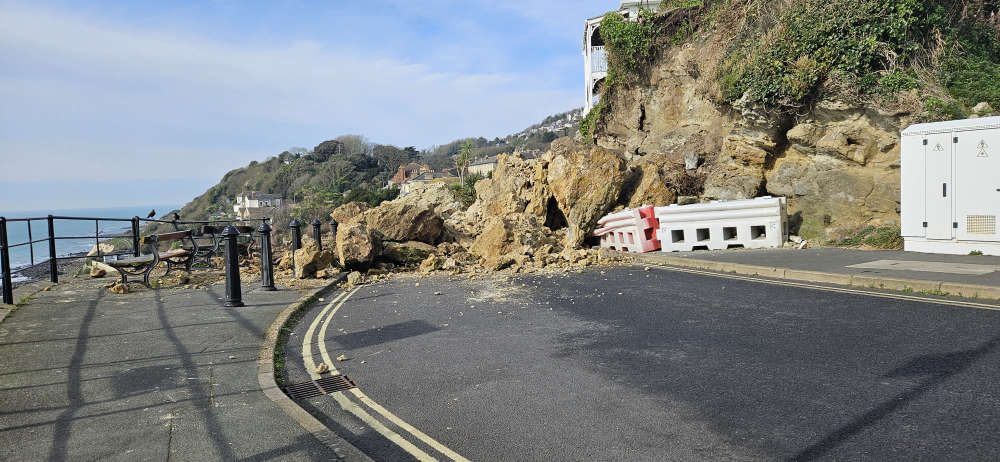 What A Mess — Timeline Of Ventnor Road Repairs In Limbo Following Latest Collapse
What A Mess — Timeline Of Ventnor Road Repairs In Limbo Following Latest Collapse
 Police Pursuit Sees Man End Up In River Medina
Police Pursuit Sees Man End Up In River Medina
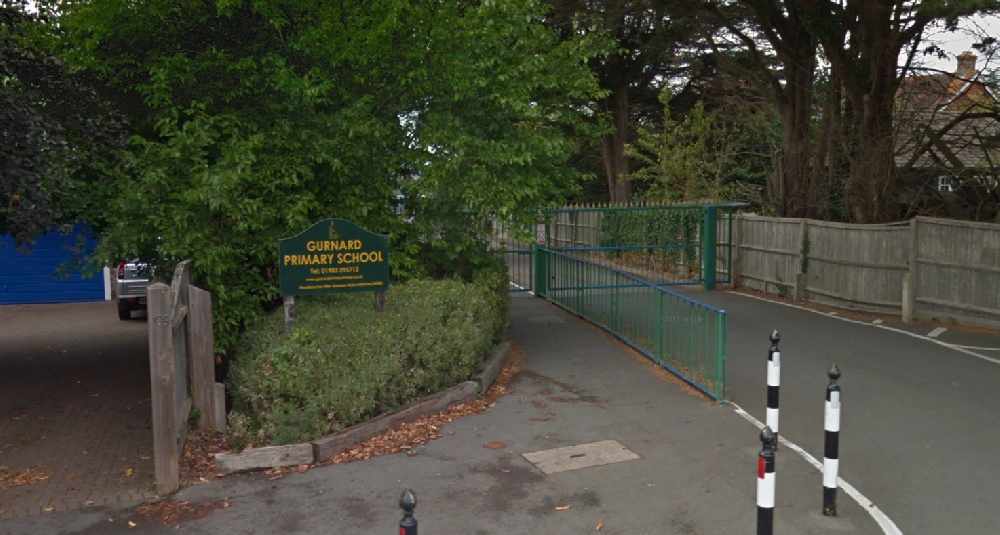 Gurnard Primary School Shines In Latest Ofsted Inspection
Gurnard Primary School Shines In Latest Ofsted Inspection
 Education Cabinet Member Urges Deferral Of School Closures Decision
Education Cabinet Member Urges Deferral Of School Closures Decision


